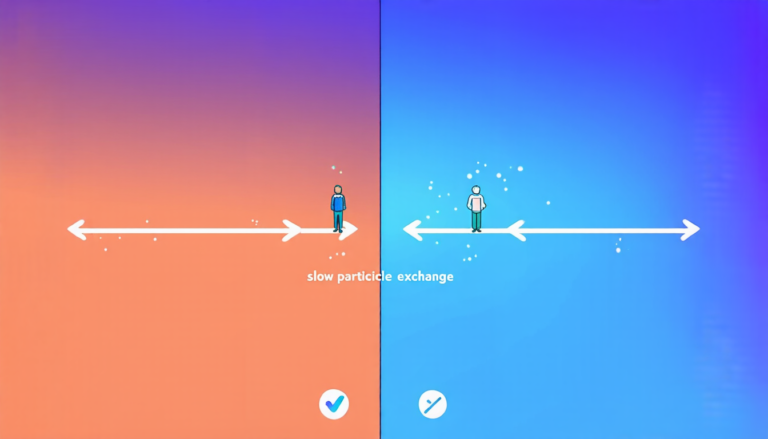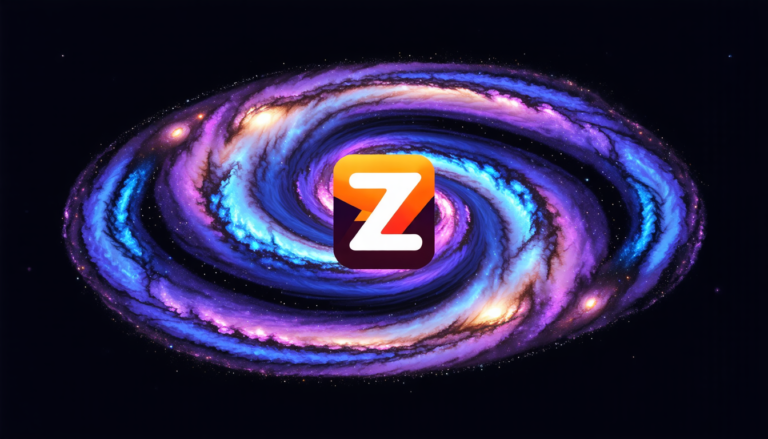Wednesday 06 August 2025
The quest for more efficient and effective ways of solving complex problems has led researchers to explore the frontiers of quantum computing. One area where these technologies are showing promising results is in recommender systems, which play a crucial role in shaping our online experiences.
Recommender systems use algorithms to analyze vast amounts of data and suggest products or services that might interest us. This process often involves feature selection, where the most relevant characteristics of each item are identified to improve the accuracy of recommendations. However, as the scale of these datasets grows, so does the computational complexity of this task.
To tackle this challenge, scientists have turned to quantum computing, which is capable of processing vast amounts of data exponentially faster than classical computers. One approach is to use a technique called Quantum Unconstrained Binary Optimization (QUBO), which represents complex optimization problems as binary quadratic programs and solves them using quantum annealing.
In recent research, scientists have developed a method that uses Extreme Value Theory (EVT) to estimate the number of quantum executions required to match or exceed classical simulated annealing performance. This approach is significant because it provides a reliable way to predict the computational resources needed for a given problem, allowing researchers to optimize their algorithms and reduce the risk of expensive failures.
The study demonstrated that EVT-based shot estimation accurately predicts the number of quantum executions required across various feature selection scales on both quantum simulators and real gate-based devices. This means that researchers can rely on this method to design and execute experiments with confidence, without having to exhaustively test different parameters.
One of the key advantages of this approach is its ability to handle noisy data, which is a common problem in quantum computing. By incorporating noise into the EVT model, scientists can account for the imperfections in real-world devices and make more accurate predictions about their performance.
The potential applications of this research are vast, from improving online shopping experiences to enhancing recommendation systems in various industries. As the field of recommender systems continues to evolve, the integration of quantum computing is likely to play a significant role in driving innovation and efficiency.
By providing a reliable way to estimate the computational resources required for complex optimization problems, this study has opened up new avenues for research in recommender systems and beyond. As scientists continue to explore the capabilities of quantum computing, we can expect to see even more exciting developments in this field.
Cite this article: “Quantum Computing for Efficient Recommender Systems”, The Science Archive, 2025.
Quantum Computing, Recommender Systems, Optimization Problems, Quantum Annealing, Extreme Value Theory, Shot Estimation, Feature Selection, Classical Simulated Annealing, Noisy Data, Binary Quadratic Programs







